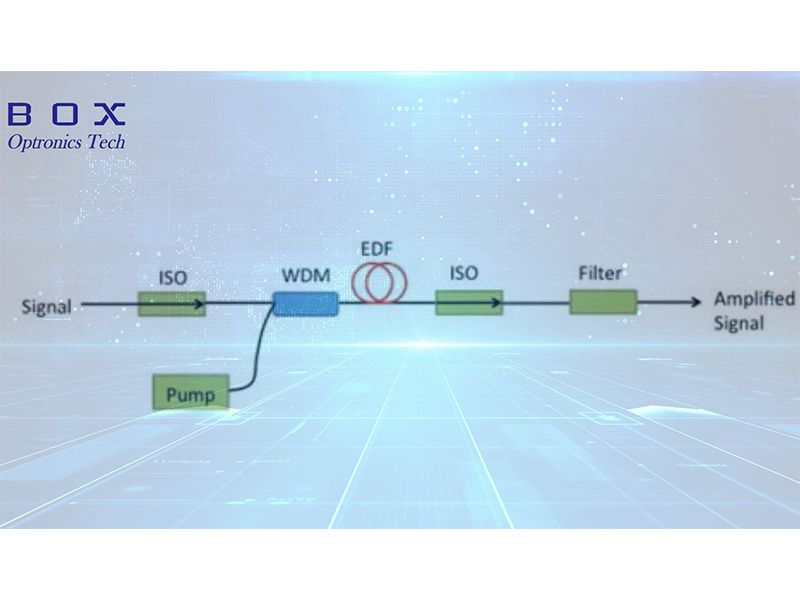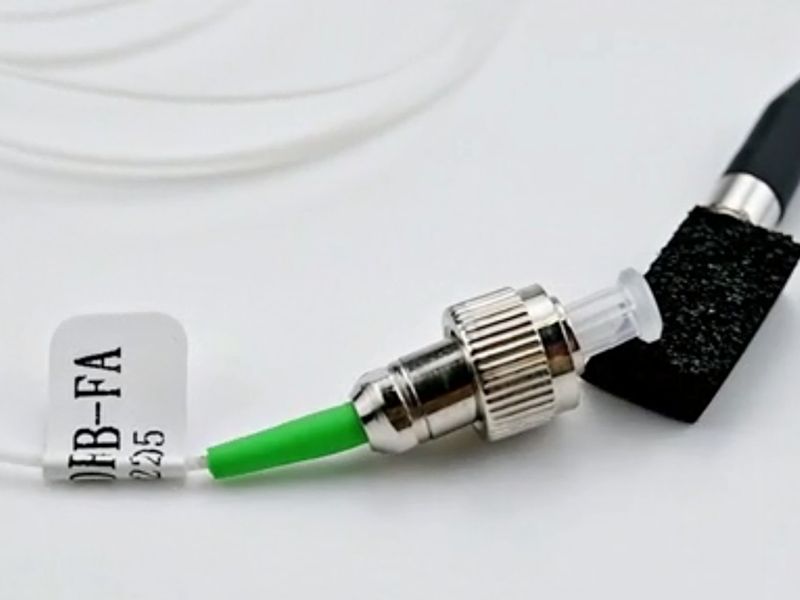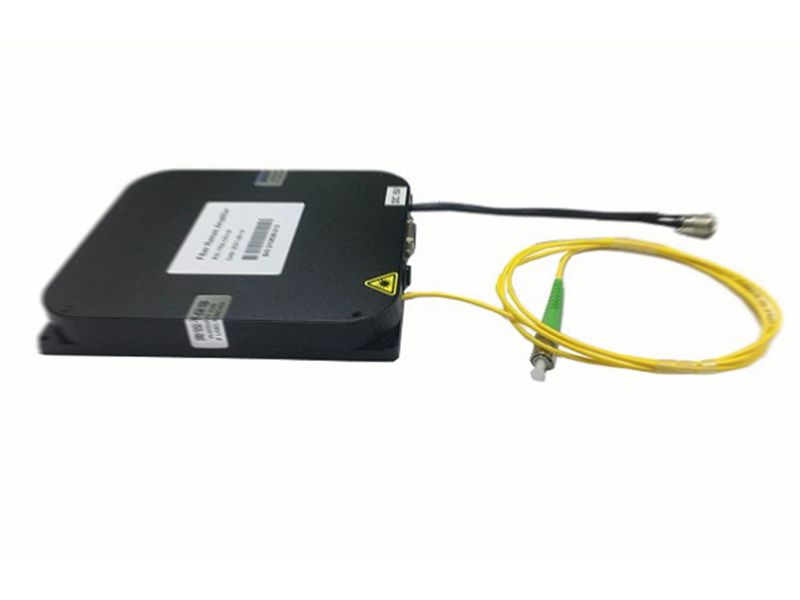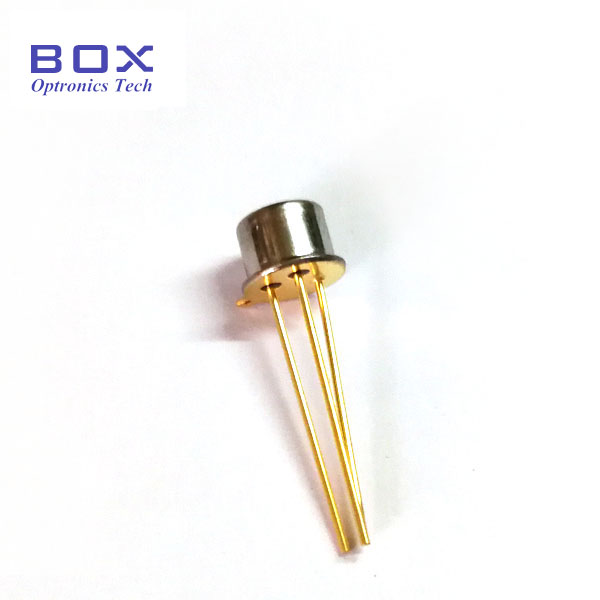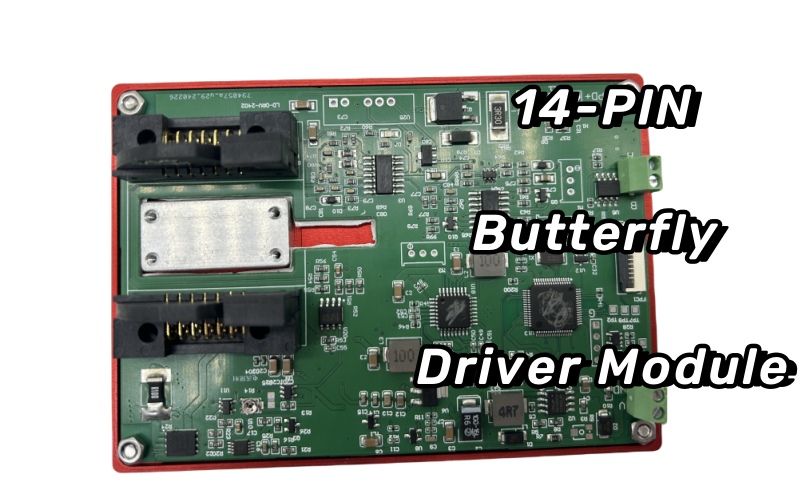Fiber Optic Isolator
A fiber optic isolator is a passive optical device used in fiber optic communication systems to prevent unwanted reflections and backscattering of light. It provides unidirectional transmission of light while blocking the reverse transmission, thus isolating the upstream and downstream signals.
Send Inquiry
Product Description
Here is an introduction to fiber optic isolators:
Principle of Operation: Fiber optic isolators work based on the principles of polarization-dependent loss and Faraday rotation. They typically consist of a Faraday rotator, a polarizer, and one or two fiber pigtails. The Faraday rotator is a magneto-optic material that rotates the polarization of light when subjected to a magnetic field. The polarizer allows only light with a specific polarization to pass through, blocking light with the orthogonal polarization.
Unidirectional Transmission: The key function of a fiber optic isolator is to allow light to transmit in one direction while preventing its reflection and backscattering. When light enters the fiber optic isolator from the forward direction, it passes through the polarizer and undergoes Faraday rotation in the Faraday rotator. This rotation ensures that the light polarization aligns with the transmission axis of the polarizer, allowing the light to pass through. However, when light attempts to propagate in the reverse direction, its polarization is rotated by the Faraday rotator, causing it to be blocked by the polarizer.
Reflection and Backscattering Suppression: Fiber optic isolators effectively reduce reflections and backscattering in the optical system. Unwanted reflections can cause signal degradation, interference, and destabilization of the system. By isolating the transmitted and reflected signals, fiber optic isolators minimize the impact of reflections, ensuring smooth and reliable signal transmission.
Applications: Fiber optic isolators find extensive applications in various optical communication systems, including telecommunication networks, fiber optic sensing, fiber lasers, and test and measurement setups. They are commonly used to protect optical transmitters from the effects of reflections, to prevent signal degradation in high-speed communication systems, and to improve the performance of optical amplifiers.
Polarization-Dependent Loss (PDL): Fiber optic isolators exhibit a phenomenon known as polarization-dependent loss. This means that the isolation performance may vary with the polarization state of the input light. Therefore, it is crucial to ensure proper alignment and polarization management in the system to achieve optimal performance.
Compact and Low-Loss Design: Fiber optic isolators are designed to be compact and offer low insertion loss, ensuring minimal signal degradation. They are typically constructed using fiber pigtail-based components, making them easy to integrate into existing fiber optic systems.
In summary, fiber optic isolators play a vital role in maintaining the integrity and stability of optical communication systems by isolating transmitted and reflected signals. By preventing reflections and backscattering, they enhance signal quality, reduce system noise, and protect optical components. Fiber optic isolators are essential components in many applications where efficient signal transmission and suppression of unwanted reflections are critical.
Principle of Operation: Fiber optic isolators work based on the principles of polarization-dependent loss and Faraday rotation. They typically consist of a Faraday rotator, a polarizer, and one or two fiber pigtails. The Faraday rotator is a magneto-optic material that rotates the polarization of light when subjected to a magnetic field. The polarizer allows only light with a specific polarization to pass through, blocking light with the orthogonal polarization.
Unidirectional Transmission: The key function of a fiber optic isolator is to allow light to transmit in one direction while preventing its reflection and backscattering. When light enters the fiber optic isolator from the forward direction, it passes through the polarizer and undergoes Faraday rotation in the Faraday rotator. This rotation ensures that the light polarization aligns with the transmission axis of the polarizer, allowing the light to pass through. However, when light attempts to propagate in the reverse direction, its polarization is rotated by the Faraday rotator, causing it to be blocked by the polarizer.
Reflection and Backscattering Suppression: Fiber optic isolators effectively reduce reflections and backscattering in the optical system. Unwanted reflections can cause signal degradation, interference, and destabilization of the system. By isolating the transmitted and reflected signals, fiber optic isolators minimize the impact of reflections, ensuring smooth and reliable signal transmission.
Applications: Fiber optic isolators find extensive applications in various optical communication systems, including telecommunication networks, fiber optic sensing, fiber lasers, and test and measurement setups. They are commonly used to protect optical transmitters from the effects of reflections, to prevent signal degradation in high-speed communication systems, and to improve the performance of optical amplifiers.
Polarization-Dependent Loss (PDL): Fiber optic isolators exhibit a phenomenon known as polarization-dependent loss. This means that the isolation performance may vary with the polarization state of the input light. Therefore, it is crucial to ensure proper alignment and polarization management in the system to achieve optimal performance.
Compact and Low-Loss Design: Fiber optic isolators are designed to be compact and offer low insertion loss, ensuring minimal signal degradation. They are typically constructed using fiber pigtail-based components, making them easy to integrate into existing fiber optic systems.
In summary, fiber optic isolators play a vital role in maintaining the integrity and stability of optical communication systems by isolating transmitted and reflected signals. By preventing reflections and backscattering, they enhance signal quality, reduce system noise, and protect optical components. Fiber optic isolators are essential components in many applications where efficient signal transmission and suppression of unwanted reflections are critical.
Hot Tags: Fiber Optic Isolator, China, Manufacturers, Suppliers, Factory, Customized, Cheap, Low Price, Brands, Quotation, Price
Related Category
Product Instructions
Broadband light source
Coaxial pigtail laser
Distributed feedback laser (DFB)
Optical amplifier
Pump laser
Multimode laser diode
Pulsed fiber laser
Other optical components
Send Inquiry
Please Feel free to give your inquiry in the form below. We will reply you in 24 hours.


